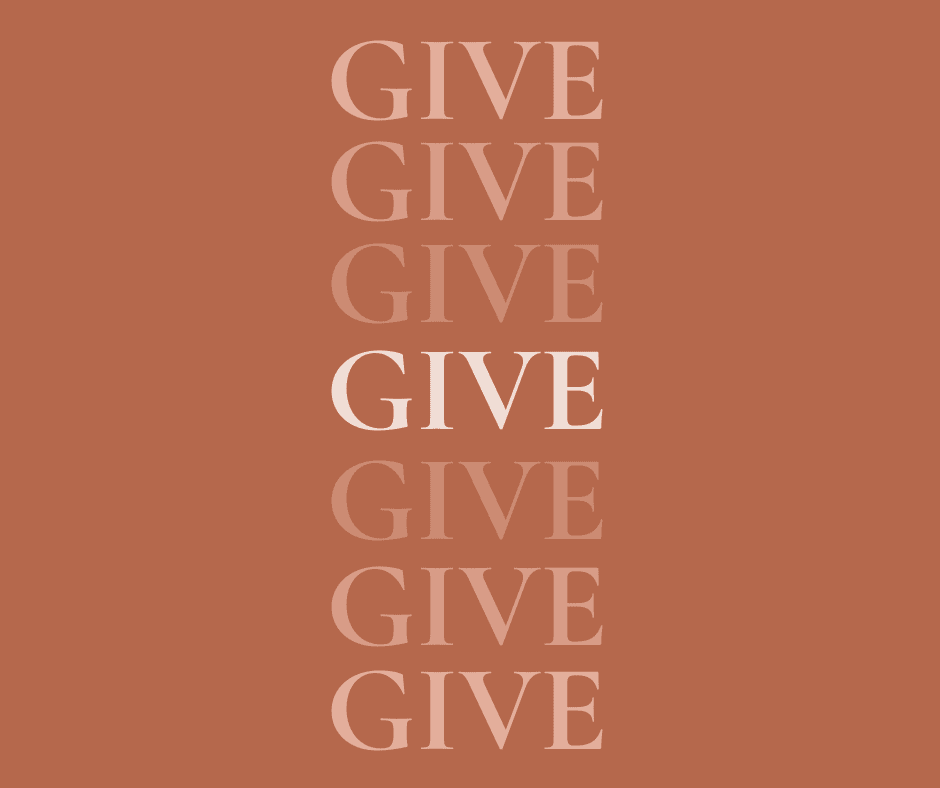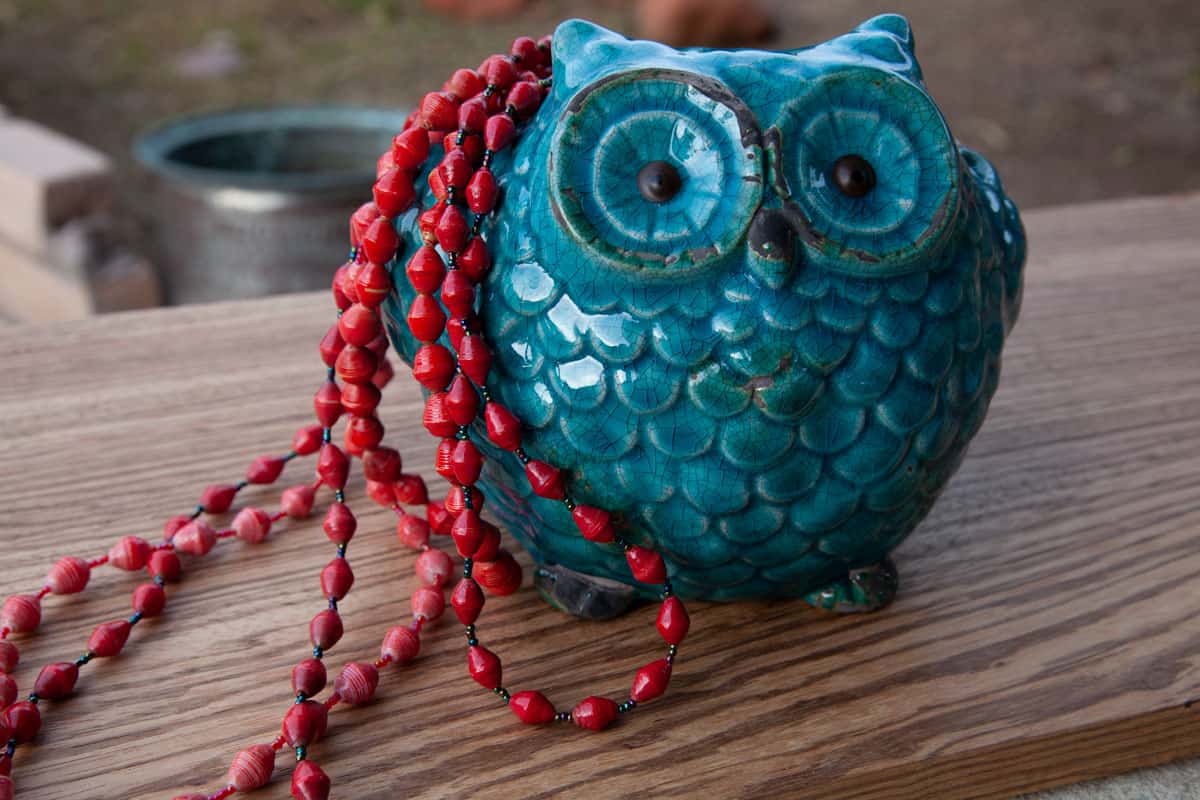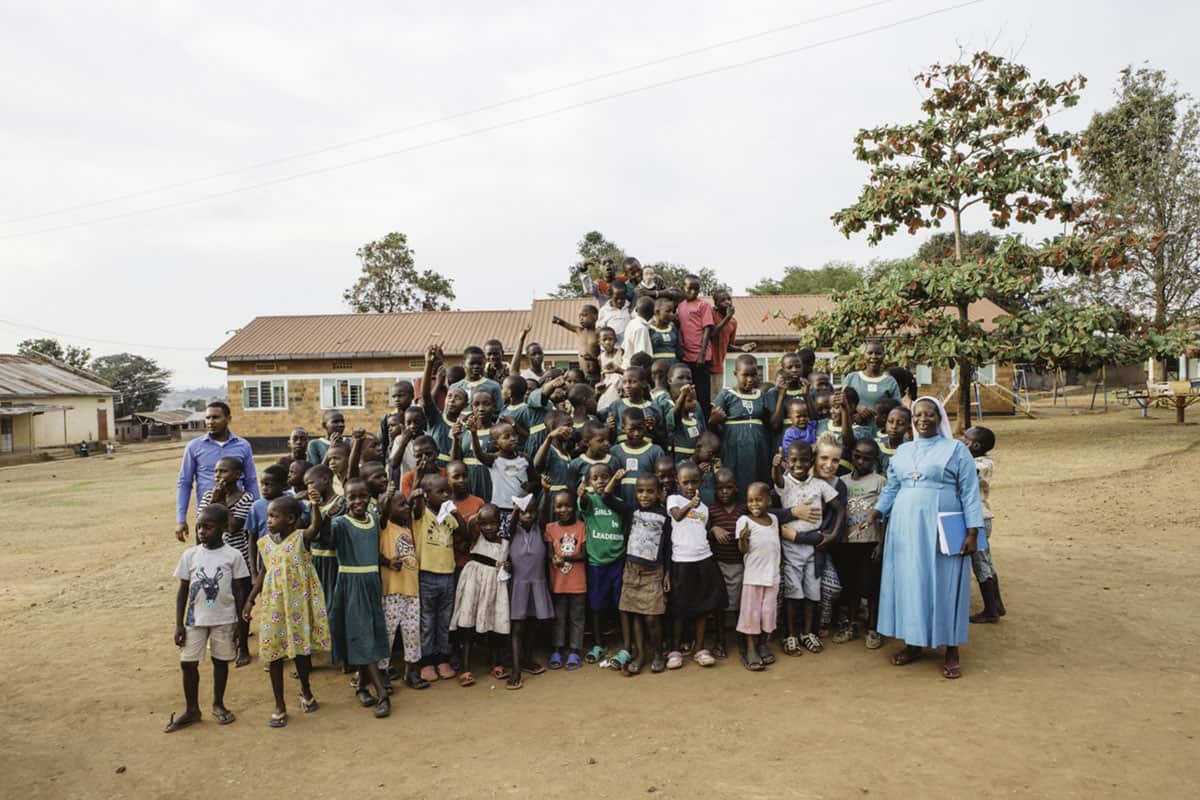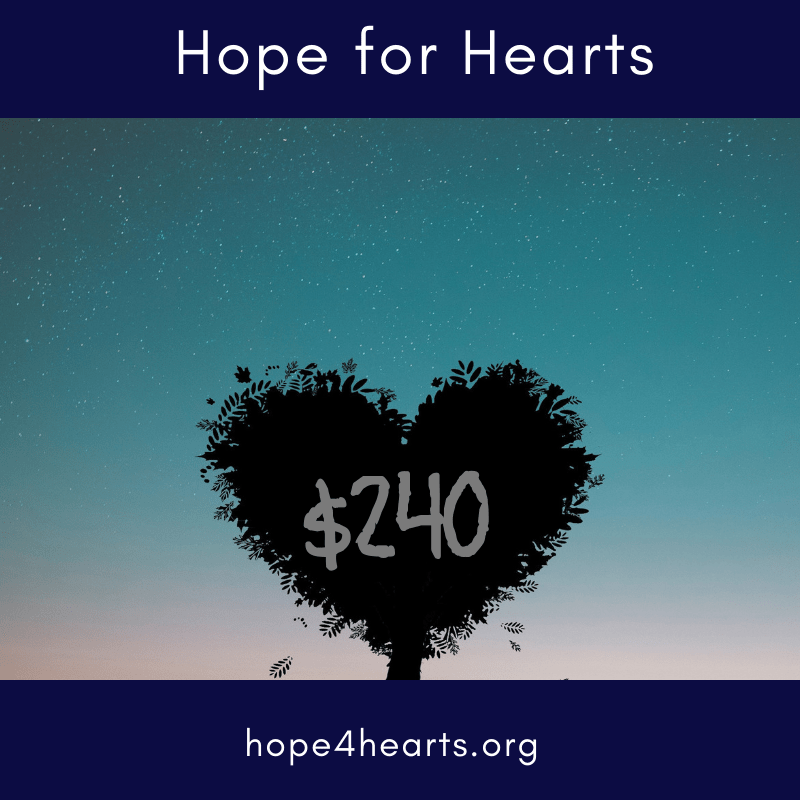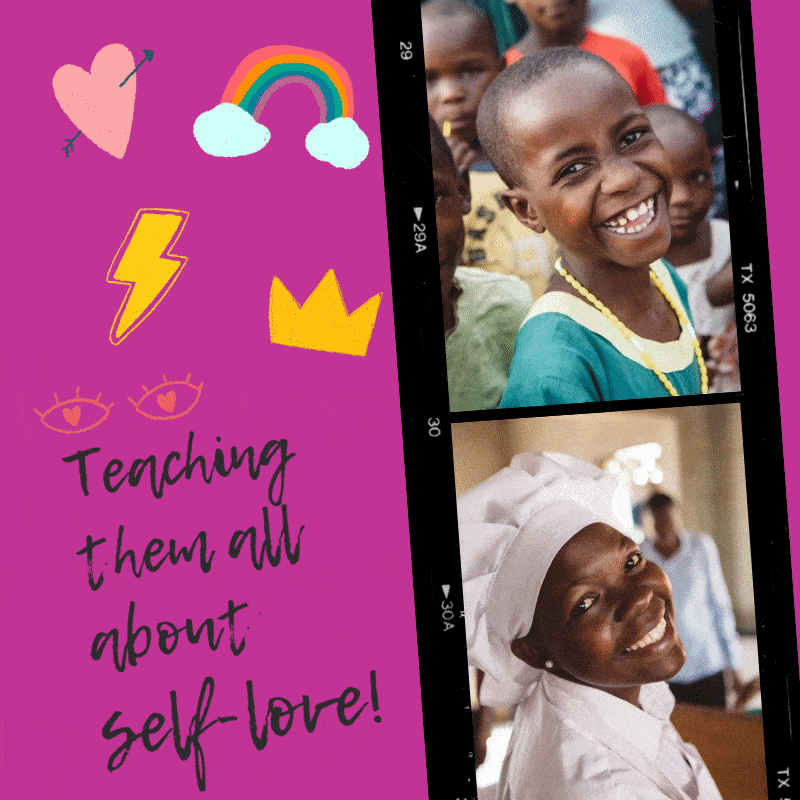Layoffs and reduced work hours amidst COVID-19 is leaving less money for giving to allow donors to meet their basic needs. We know being able to financially contribute to non-profits may not be an option for everyone. While sponsoring a child or activity is incredibly helpful, there are tons of other ways to support causes and people that need help and won’t create financial strain.
A couple of simple ways to help Hope for Hearts:
❤ Shop smile.amazon.com and designate us as your charity
❤ Join our newsletter, Pocket Full of Hope
❤ Spread the word invite friends to follow us on Instagram
Now, how can you help other causes in need, check out some ideas below.
Sign petitions
Just by providing your name, you can help further a cause. There are countless websites with petitions that need signatures from people like you. Consider going on Change.org or iPetitions and spending a few minutes a day signing ones that are meaningful to you.
With a simple search, there are hundreds alone regarding Uganda, the treatment of their people, land, and animals. Your name can make a huge impact and it is as simple as going on to your laptop and clicking a few buttons.
Share information on social media
In the age of social media, we all have some sort of platform where our friends and family can read our posts. Whether you have 100 followers or 1 million, there is someone out there that is influenced by the content you share. By sharing fundraisers, petitions, and resources from nonprofits on your personal accounts, you are attracting more eyes which can lead toward donations and more support. It is a free and easy way to spread the word.
Vote
Whether it’s voting by mail or standing in line, the politicians we elect have the power to chance the world. Not only is it important to exercise this right, but also make sure you are researching what these people stand for. Even though we live in the U.S, America is a powerhouse and very influential with foreign policy. Electing a politician that prioritizes human rights, especially in countries like Uganda, can work toward ending issues like human trafficking, poverty, and the AIDS epidemic.
Donate items
We are all guilty of having a closet filled with things we don’t use anymore. Clothing, books, and school supplies are all coveted items in Uganda. Donating them to organizations will not only help provide resources but it is also a way to make space in your home. A win win!
Volunteer
They say time equals money which is why volunteering is so useful. There are countless ways to give your time, so there is something for everyone. Help facilitate fundraisers, serve food in a shelter, or teach free English classes online. Have a skill you want to use? Even better! If you are good with social media, volunteer for a few hours making posts. Work as in PR? Try to get some press for a meaningful cause.
So, there you have it! During these difficult times, there are still many things you can do to help. And, if you do have the financial means to donate, consider making a donation to Hope for Hearts so that we can continue to fight for the rights of children in Uganda and provide resources such as these.
Sending love and blessings,
Cristen Lyn
